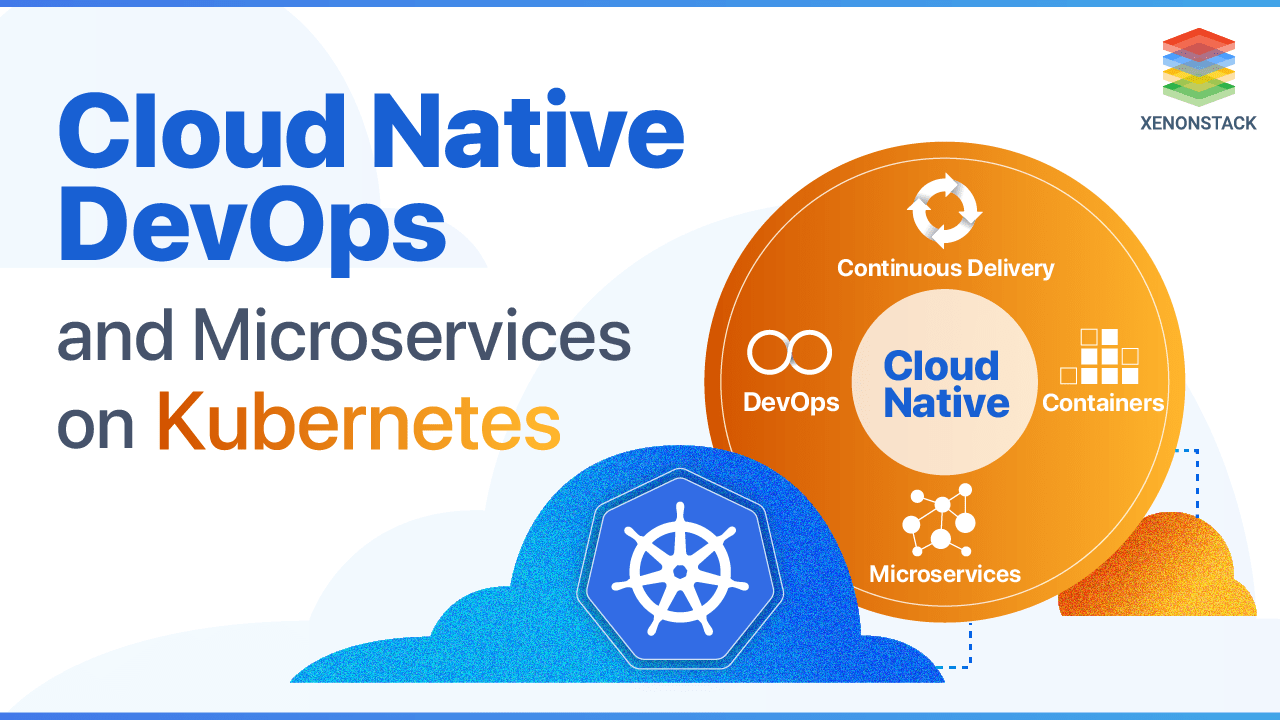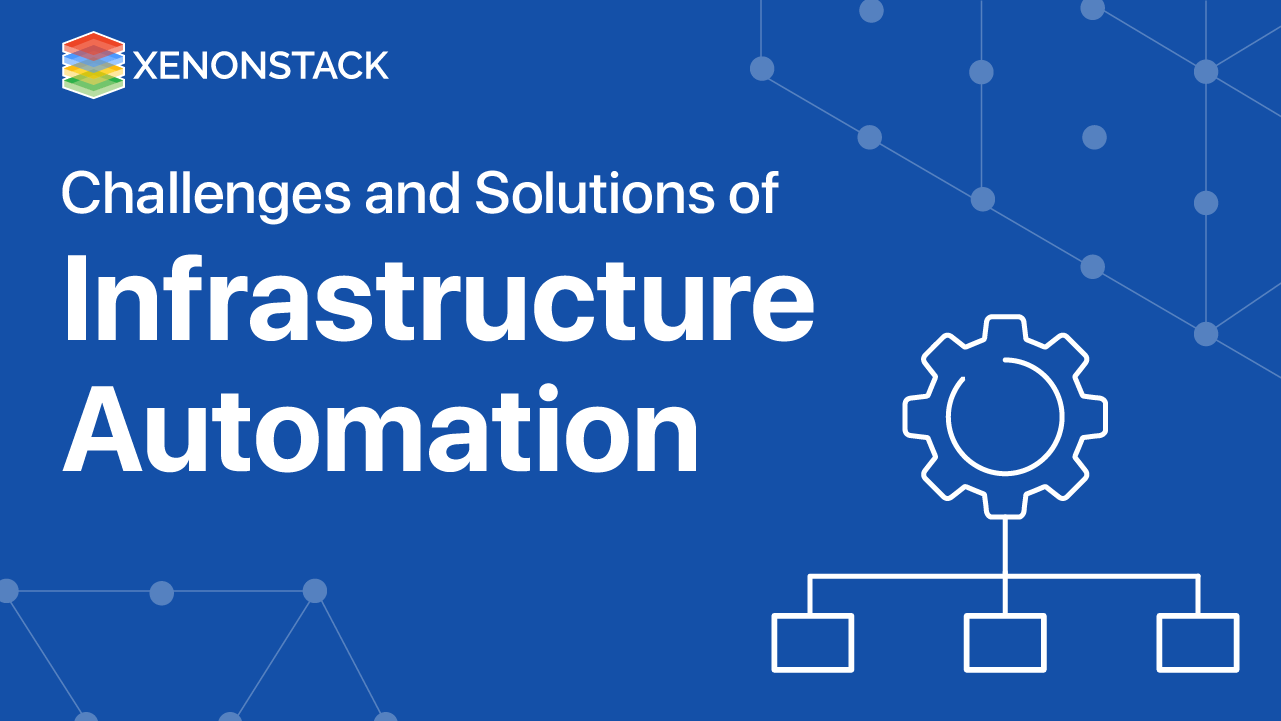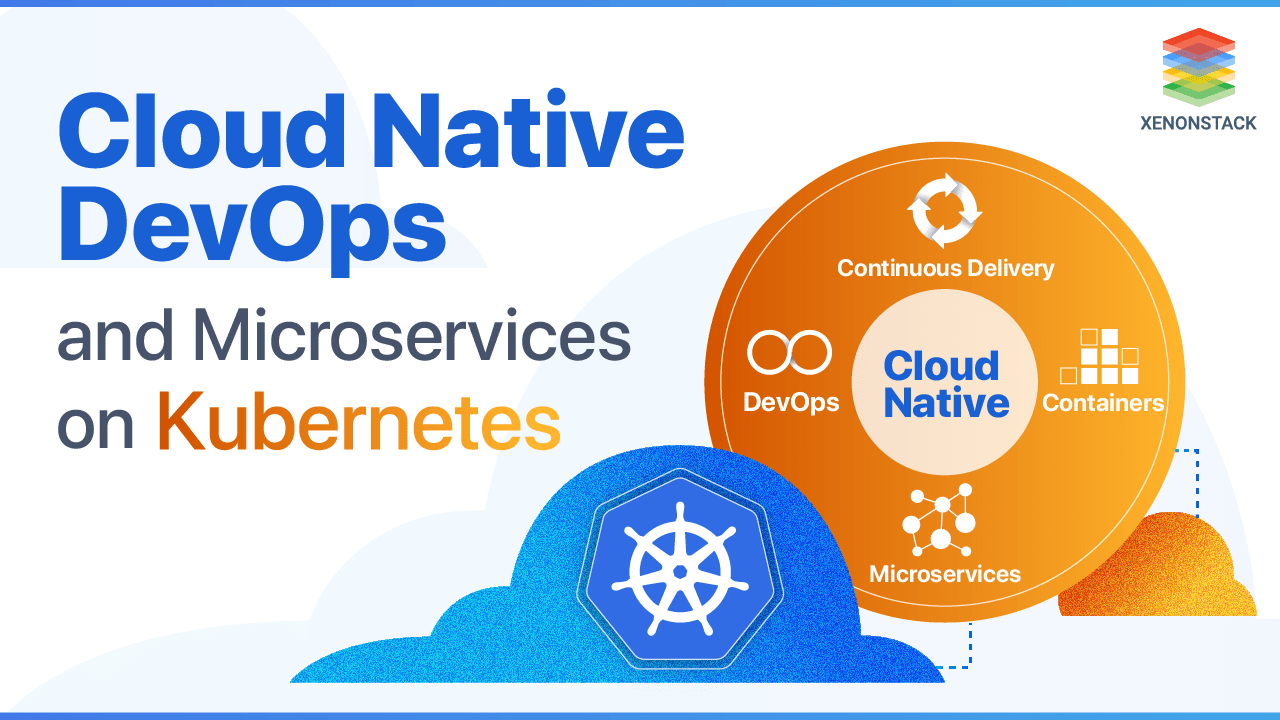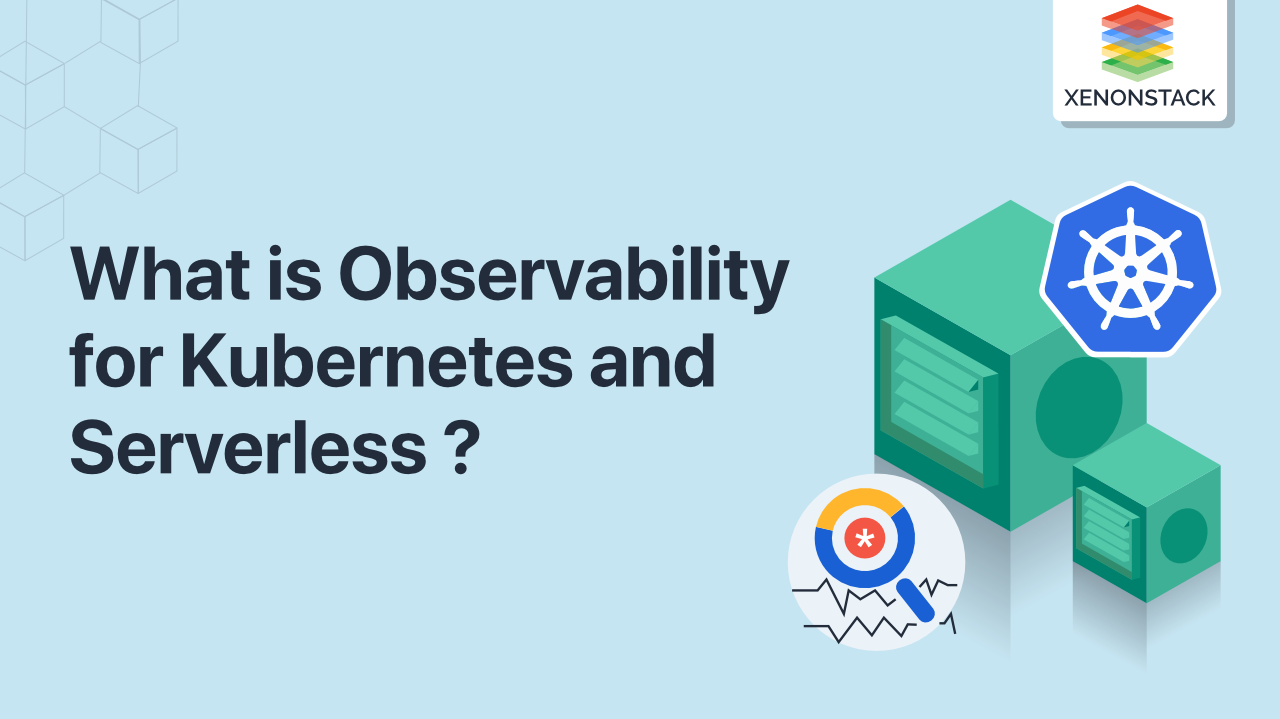
Cloud-native DevOps aims to enhance the flexibility of your organization. This is achieved by leveraging technologies like Kubernetes and containers, which automate processes and enable scalable applications. To fully grasp cloud native DevOps, it's crucial to first understand the concept of cloud native applications and DevOps.
- CNAs are applications that prioritize resiliency, agility, operability, and observability.
- DevOps is a collaborative practice between operations and development engineers throughout the entire lifecycle of an application.
Considering these explanations, it becomes evident that Cloud Native DevOps is not specifically tied to the cloud itself. Instead, it encompasses a set of principles and methodologies that guide the development and management of services or applications. These principles include continuous improvement, automation, cross-functional teams, and alignment with business requirements and customer expectations. It is important to note that these principles are applicable to people, tools, culture, and processes, regardless of whether the application resides in the cloud or on-premises.
Cloud Native DevOps is a powerful approach that empowers your business to operate at maximum efficiency and enables your teams to harness the full potential of automation and scalability provided by cutting-edge cloud-native technologies such as containers and Kubernetes. These groundbreaking technologies inherently embody key characteristics that drive success in today's dynamic business landscape.
-
Resilient: Embracing failures instead of trying to prevent them, harnessing the dynamic nature of platform-based operations.
-
Agile: Allowing for quick deployments and iterative improvements.
-
Operable: Enabling control of application life cycles from within the application itself, reducing the need for external processes and monitors.
-
Observable: Providing valuable insights to address inquiries about the current state of the application.
A Cloud-Native database is a database service specifically designed for building, deploying, and delivering applications through cloud platforms. Click to explore more, Cloud Native for Databases
Top Challenges for Cloud Native DevOps
Despite the numerous benefits that cloud native DevOps offers, it also presents certain challenges that can impede the seamless implementation and operation of cloud native applications. Let's delve deeper into some of the key challenges encountered in cloud native DevOps:
1. Isolation of Environments
One of the primary challenges is isolating different environments such as development, staging, and production. When making system configuration changes, conflicts and issues can arise, leading to undesirable consequences. Ensuring proper isolation is crucial to maintaining the integrity and stability of each environment.
2. Lack of Flexibility
Making changes to the system configuration in a cloud native DevOps environment can have unintended consequences on other running applications. This lack of flexibility and adaptability can limit the agility of the environment, making it harder to respond to changing business needs.
3. Single Point of Failure
With multiple applications running in a cloud native environment, there is always a risk of a single application failure impacting the entire system. This single point of failure can lead to potential downtime and disruptions, affecting the overall performance and availability of the applications.
4. Difficulty in Scaling Applications
Scaling out applications to handle increased workload can be complex and time-consuming without the right tools and processes in place. Ensuring that the infrastructure can scale effectively to meet demand is a significant challenge in cloud native DevOps.
5. Time-consuming Deployment and Updates
The process of deploying and updating applications in a cloud native environment can be lengthy and manual, consuming valuable time and resources. Streamlining and automating these processes is essential to ensure efficient and timely deployments.
6. Excessive Resource Utilisation
Inefficient resource allocation and utilization can result in unnecessary costs and underutilization of available resources. Optimizing resource usage and ensuring efficient allocation is a constant challenge in cloud native DevOps.
Addressing these challenges requires careful planning, robust processes, and the right set of tools and technologies. By overcoming these hurdles, organizations can fully leverage the benefits of cloud native DevOps and drive their digital transformation initiatives forward.
Scaling Applications with Cloud Native DevOps
Scalability is one of the key benefits of using Kubernetes for cloud-native DevOps. With Kubernetes, you can easily scale your applications up or down to meet changing demands. Whether you need to handle a sudden spike in traffic or optimize resource utilization during low-traffic periods, Kubernetes allows you to scale your application seamlessly.
1. Visibility
With its robust monitoring and logging capabilities, you can gain deep insights into the performance and health of your application. Kubernetes provides detailed metrics and logs, allowing you to detect and troubleshoot issues quickly. This visibility helps you ensure that your application is running smoothly and efficiently.
2. Time-Saving
With Kubernetes, you can automate various tasks such as deployment, scaling, and monitoring. This automation eliminates the need for manual intervention and reduces the time required for repetitive and time-consuming tasks. By saving time on these operations, you can focus on developing and delivering new features and enhancements to your application.
3. Version Control
Kubernetes provides robust version control capabilities. With Kubernetes, you can easily manage different versions of your application, roll back to previous versions if needed, and ensure that all changes are tracked and documented. This version control helps you maintain the integrity and stability of your application throughout its lifecycle.
In conclusion, scalability, visibility, time-saving, and version control are essential benefits of adopting Kubernetes for cloud-native DevOps. By leveraging these advantages, you can streamline your application deployment, management, and monitoring processes, ultimately improving the efficiency and reliability of your cloud-native applications.
Different Approaches for Scaling Cloud Native Applications.
Scaling with Kubernetes
-
Frame the Application
-
Deployment of application to Kubernetes Cluster
-
Build and monitor logs of cluster domain
-
Scale Kubernetes Pods
Scaling with DevOps
-
DevOps Tools to configure, build, test, deploy, version control, and monitor.
-
Automation to enhance the quality
-
Team Collaboration and Workflow
-
Build and Execute Approach
Scaling with Microservices
-
API Version Control
-
Automated deployment
-
Exposure to other systems
-
Tolerant of heavy workloads
-
Better data storage and management
-
Bottlenecks and requirements have been pre-identified
Implementing Cloud Native DevOps
Implementing Cloud-Native Applications can present unique challenges compared to deploying applications to the cloud. To be classified as cloud-native, a CNA must demonstrate the following attributes:
1. Utilizing Container Orchestration Deployment
Kubernetes is the leading orchestration platform for a good reason. Its significant advantage lies in abstracting the complexities of computation, storage, and networking resources.
2. Adopting a Declarative Communication Approach
CNAs should have confidence in the network's ability to deliver messages and respond with success or failure. This contributes to standardizing the communication model by shifting the responsibility of achieving a desired state from the application to a remote API or service endpoint.
3. Writing Code that aligns with the 12-factor Application Principles
Ensuring clean and declarative contracts for cloud platform installations is an essential aspect of implementing cloud native DevOps. By establishing clear and well-defined contracts, organizations can ensure consistency and reliability in their cloud platform deployments.
4. Embracing Microservices Patterns
Dividing monolithic apps into smaller, independently buildable services. Each service should adhere to a contract, allowing for iterative improvements. The application is composed of these services.
5. Harnessing the Power of Containerization
Packaging code without concern for the underlying system is a fundamental aspect of cloud native DevOps. This approach allows developers to focus on writing code that is independent of the specific infrastructure or operating system on which it will run. By abstracting away the underlying system, developers can package their code in a standardized and portable manner, making it easier to deploy and manage across different environments.
6. Collecting Telemetry Data
Monitoring metrics such as latency and requests per minute to assess whether service level targets (SLO) are being met. Telemetry data plays a crucial role in determining whether an application can be considered cloud-native.
7. Enhancing Automation in CI/CD Pipelines
While continuous integration and deployment are not new to cloud-native, the added complexity requires further automation to handle the intricacies of the pipeline.
8. Implementing Informative Health Checks
Providing insights into the application's status, making monitoring easier by informing the operating platform of its current condition.
Cloud Native DevOps: The Way Forward
Implementing cloud native DevOps can be a transformative journey for organizations looking to thrive in today's dynamic business landscape. While there are certainly challenges to overcome, the benefits of cloud native DevOps, such as resilience, agility, operability, and observability, far outweigh the obstacles.
By following these approaches and leveraging the benefits of cloud-native DevOps solutions, organisations can streamline their application deployment, management, and monitoring processes, ultimately improving the efficiency, reliability, and success of their cloud-native applications.
Frequently Asked Questions (FAQs)
Advanced FAQs on Composable Compute Infrastructure for high-performance AI workloads.
How does composable compute remove bottlenecks in AI pipelines?
It dynamically pools GPUs, CPUs, memory, and storage, allowing AI workloads to access exactly the resources they need without fixed, siloed hardware limits.
Why is composability critical for modern AI and LLM training?
Training and fine-tuning large models require flexible scaling of heterogeneous resources — composability ensures compute can grow or reconfigure instantly based on workload demand.
How does composable compute improve utilization efficiency?
By disaggregating hardware and allocating resources on demand, organizations eliminate idle capacity and significantly increase compute ROI.
Can composable infrastructure support mixed AI workloads at scale?
Yes — it allows simultaneous execution of training, inference, streaming, and multi-agent workloads by dynamically optimizing the resource topology for each task.
.webp?width=1921&height=622&name=usecase-banner%20(1).webp)



